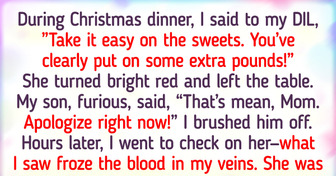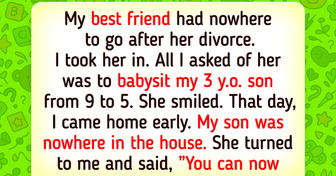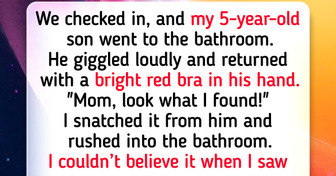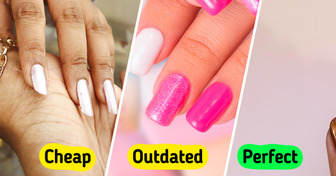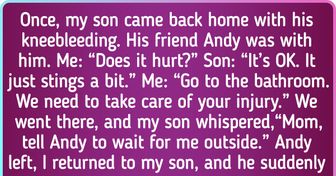11 Safety Tips All Women Should Know Inside Out

This creature first appeared on our planet around a billion years ago. It thrives in damp environments and can survive pretty much anywhere — it might be in your basement as we speak. I think you’ve already guessed I’m talking about mold here.
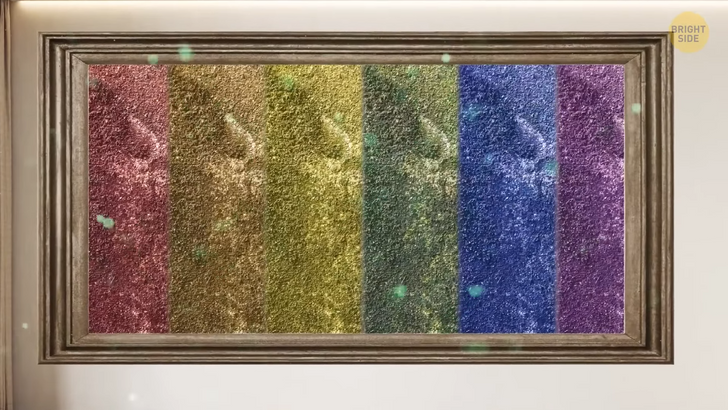
It’s a type of fungus that spreads through tiny particles moving through the air. These spores are like the seeds of a plant, although they’re much smaller. Sometimes they cling on to clothes or animal fur and travel long distances unnoticed. They can survive even in some unfriendly environments and start growing when they land somewhere with enough water, food, and oxygen.
Mold comes in all colors of the rainbow, and each color stands for a certain type of mold. You can usually find red or orange mold outdoors. The pink variety likes to reside in bathrooms on shampoo and soap residues. Black and green mold are the types you’re most likely to meet in your house.
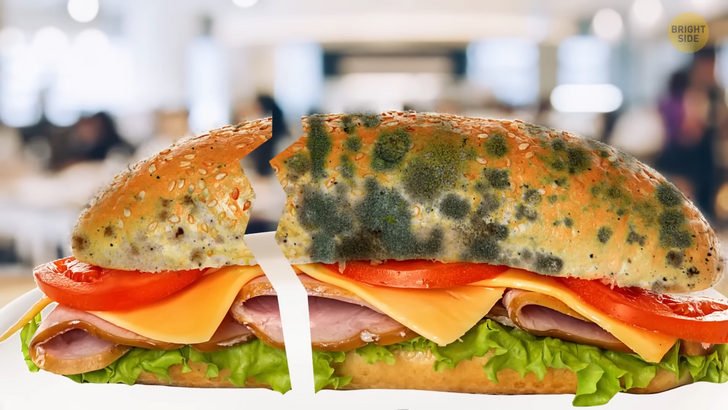
Unlike plants that use photosynthesis, mold grows on materials it can digest. Even one tiny mold spore is powerful enough to harm several people. But there are over 100,000 different types of mold in the world, and not all of them are dangerous to you.
Ugh, you just noticed something green on your sandwich. But only a small part of it is infected, so maybe you can just cut it off? Nope, it won’t work out. The tiny greenish spots you see are on the surface, and you can spot them with the naked eye. There is more hiding inside the bread. But if it was one second too late, and you’ve bitten into a bright green patch of mold — don’t rush to the bathroom to scrub your tongue with antibacterial soap.
You’ve probably eaten mold before without even knowing about it. It easily grows on soft porous foods like bread, fruit, and vegetables. So, consuming just a bit of it is okay as long as you have a strong immune system — you’ll digest it like any normal food. If you feel sick after consuming it, that’s most likely because mold tastes weird and not because there is some vicious substance spreading through your body.
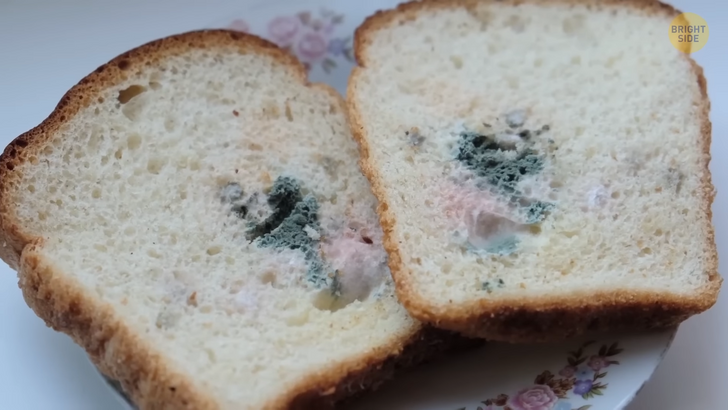
So, the best you can do if you spot mold on your bread is not to risk your health and throw away the entire loaf. Mold likes to settle in cooked leftovers like meat, poultry, casseroles, grain, pasta, cottage and cream cheese, yogurt, and sour cream. It’s easier for mold to penetrate softer food, so it also loves fruits and vegetables like strawberries, cucumbers, peaches, and tomatoes. Jams and jellies are another easy targets for mold as it thrives in sweet and sugary foods. Yikes!
Mold isn’t always the bad guy ruining your lunch. You gotta thank it for that exquisite taste of blue cheeses like Gorgonzola, Roquefort, and Blue. Camembert and Brie wouldn’t be so delicious without the white mold on their surface. Cheese is 99.99% milk, and its makers grow mold either inside or outside the cheese, depending on its sort.
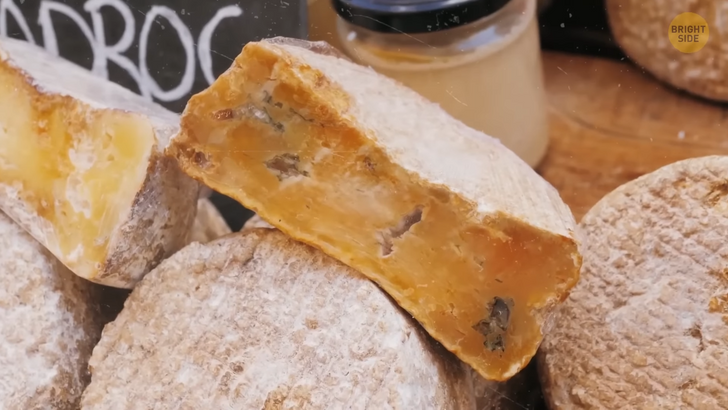
But if you find mold on a cheese that shouldn’t have it, like cheddar, Parmesan, or Swiss, it means the molds added to any cheese to give it taste have come into contact with oxygen and started reproducing and breaking down fats and proteins uncontrollably. You should cut off the affected part carefully with a knife without touching the mold. The rest of the cheese is still good to eat.
It would be impossible to produce soy sauce without fermenting soybeans, and it happens thanks to a certain type of fungi. Salami fans should appreciate mold for the unique flavor it gives to the meat and for preventing it from drying out too quickly. Mold has also saved millions of lives. Penicillium mold helped achieve a real breakthrough in medical science as it naturally produces the well-known penicillin, accidentally discovered by Scottish researcher Alexander Fleming in 1928.

Some types of mold can also help you in the garden as a great mulch. Some gardening fans spend years trying to grow leaf mold to use for compost. They believe it improves soil quality. To prevent mold from overtaking your lunch, keep the food covered with plastic wrap in the fridge. Don’t keep leftovers of perishable foods in their cans — put them in airtight containers instead.
Keep track of what you store in the fridge — leftovers shouldn’t be there for longer than 3 to 4 days. Keep your fridge clean. Only use fresh and clean dishcloths, towels, sponges, and mops. Once you notice a musty smell, it means mold is about to settle in your kitchen, and its plan is to contaminate your food.
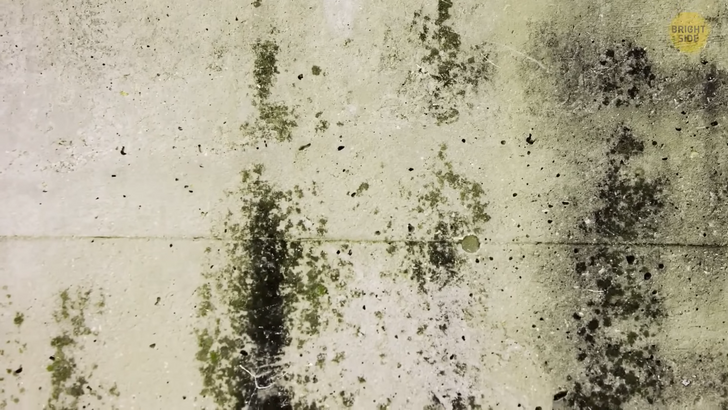
But what if mold spreads in the damp areas of your house? You might not notice any consequences for your health immediately, but they might resurface in the long term. As mold grows, its spores and fragments can produce irritants in the air inside your house. Depending on how sensitive you’re, you might notice it’s becoming hard to breathe. And since mold slowly but surely breaks materials in your house, there will be more dust and other particles in the air.
When you try to get rid of the bad mold in your house, you might accidentally touch it without any protection. It won’t take your life, but don’t let it sit on your hands! First off, clean your hands well with antibacterial soap. Clean between your fingers and the back of each hand thoroughly, and also scrub underneath the nails.
If you can’t reach some spores, use a toothpick. Then, clean your hands with a strong sanitizer. The final step will be to wash your hands with liquid soap under running water. Again, don’t miss the areas between your fingers and under your nails.
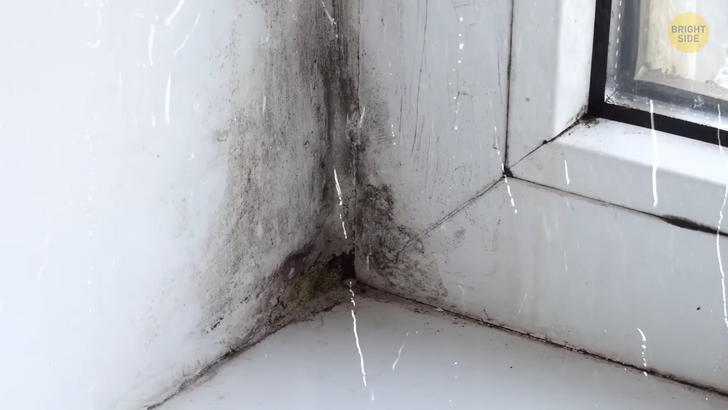
Don’t touch your face until your hands are perfectly clean — you don’t want to accidentally inhale those spores. You should also take off the clothes you were wearing when you came into contact with mold and wash it immediately. It’s impossible to mold-proof your home, but you can make it resistant to that mean intruder. Inspect your house and find the problem areas. It could be a flood in your basement, a water stain on the ceiling, or a window that’s always covered with condensation.
Fix those problems and install proper ventilation in the house. AC units and dehumidifiers will help. Open a window while cooking or showering to keep the moisture outside. Make sure your roof gutters are regularly cleaned and fixed. Invest in a moisture meter and monitor the humidity inside. Ideally, it should be between 30 and 60 percent.
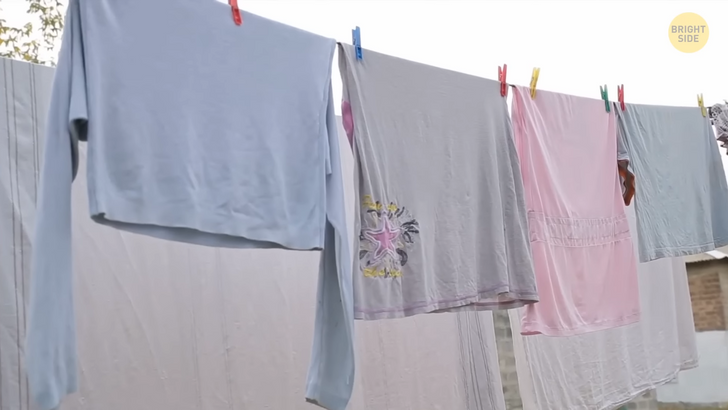
Always remove wet clothes from the washing machine unless you want to share your garments with mold. The best you can do is hang them to dry outside in fresh air and wait while they get completely dry before putting them in your wardrobe. Empty and air out drawers and closets you rarely open every now and then. Never leave the bathroom floor and walls wet after you take a shower. And clean your house regularly — then nasty mold won’t have a chance.
The moist soil in your houseplants is every mold’s dream. To save them, don’t overwater them, and let fresh air circulate in the room where your plants live. If you see mold is starting to grow on your plants, mix 2 tablespoons of white vinegar and some water in a spray bottle and apply the mix to your plants.
You can also do the same thing using a tablespoon of baking soda. There’s a common myth that bleach can help you get rid of mold. In reality, it will only help you remove the visible part, but the spores will survive and keep spreading.

Depending on what you do for a living, you may also meet mold in your workplace. Poorly ventilated spaces, greenhouses, farms, and even bookstores and libraries are in the risk zone here. The paper contains cellulose, and it’s a perfect food source for some types of mold. Old books that have been stored in a humid room for many years could be hiding millions of mold spores.
The rules to protect yourself in a workspace are pretty much the same as for your house: clean it regularly, dry damp surfaces, and if it’s impossible, wear protective gloves when you have to come into contact with mold.


